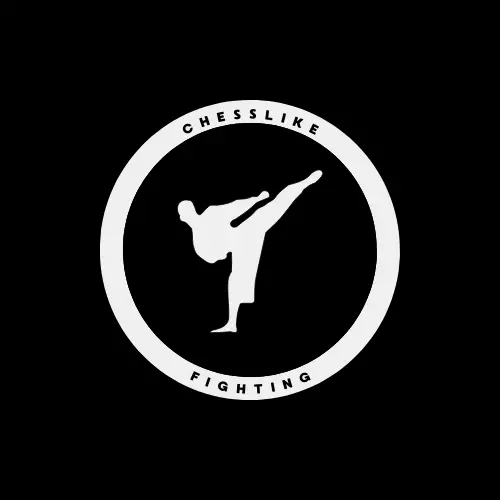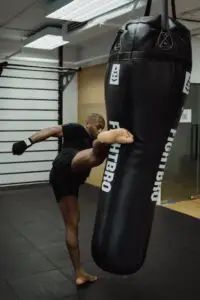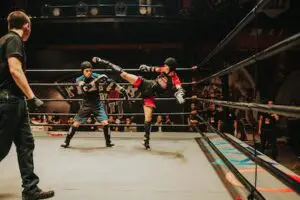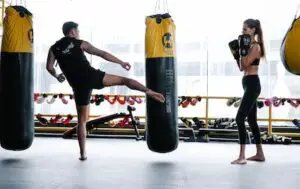Judo, an ancient martial art born in Japan, has gained immense popularity worldwide for its unique blend of technique, discipline, and physical prowess. Rooted in the principles of balance, leverage, and timing, Judo offers practitioners a means to overcome opponents, not by sheer force, but through intelligent manipulation of their movements. However, mastering the art of Judo requires dedication, practice, and a keen understanding of its intricacies.
While every practitioner embarks on their Judo journey with the aspiration of becoming proficient, there are common mistakes that can hinder progress and hamper one’s development on the tatami (Judo training mat). Whether you are a beginner or an experienced Judoka, recognizing and rectifying these errors is crucial for honing your skills and achieving success in Judo.
In this article, we will explore some of the most common mistakes made in Judo and provide valuable insights into how to avoid them. By understanding these pitfalls and implementing the right strategies, you can accelerate your growth as a Judoka and maximize your potential in this dynamic martial art.
Focusing on strength over technique
One of the most common mistakes that Judo practitioners make is relying too much on their strength and not enough on their technique. Judo is not about being the strongest or the most powerful, but about being the most skilled. Technique is what separates a good Judoka from an excellent one. Therefore, it is essential to focus on developing your technique instead of brute strength. If you rely on your strength, you may tire quickly, and your technique will suffer.
Standing too straight
When standing in Judo, it is vital to maintain proper posture. Standing too straight can make you vulnerable to your opponent’s movements. Keeping a slight bend in your knees and hips allows you to move quickly and maintain your balance. Also, bending your knees makes it easier to get low to perform throws and takedowns.
Not focusing on grip fighting
Grip fighting is an essential part of Judo. The goal of grip fighting is to control your opponent’s movements and limit their options. If you neglect grip fighting, your opponent will be able to grab you easily and perform their techniques. Therefore, it is vital to practice blocking and removing your opponent’s grips and learning how to get your own.
Neglecting groundwork
Judo is not just about standing techniques but also includes groundwork. Many Judoka focus only on standing techniques and neglect their groundwork, which can be a disadvantage in competitions. Knowing how to move on the ground, defend, and escape from pins and submissions is just as crucial as standing techniques. Therefore, it is essential to practice groundwork regularly and incorporate it into your Judo training.
Not adapting to different body types
Judo practitioners come in all shapes and sizes. Not adapting to different body types can make your techniques ineffective or impossible to execute. If you only practice with people who have the same body type as you, you may become a one-dimensional Judoka. Therefore, it is essential to practice with a variety of people and learn how to adjust your technique based on your opponent’s body type.
Focusing too much on winning
Winning is not the only goal of Judo. It is essential to focus on improving your technique, learning from your mistakes, and becoming a better Judoka. If you focus too much on winning, you may neglect the process of improving your technique. Instead of becoming frustrated by losses, use them as an opportunity to learn and improve.
Conclusion
In conclusion, understanding and avoiding common mistakes in Judo is crucial for any practitioner looking to improve their skills and progress in the sport. By addressing these mistakes head-on, judokas can enhance their technique, increase their chances of success, and reduce the risk of injury.
One prevalent mistake to avoid is neglecting the importance of proper posture and balance. Maintaining a strong and stable stance is the foundation for executing effective throws and maintaining control in Judo. Failing to focus on posture can lead to vulnerability, allowing opponents to exploit weaknesses and gain the upper hand.
Another mistake to steer clear of is overreliance on strength and power. While physical attributes are certainly beneficial, Judo is a martial art that emphasizes technique and leverage over sheer force. Relying solely on strength can lead to exhaustion, as well as missed opportunities to execute precise throws and submissions. By honing technique and timing, judokas can conserve energy and maximize their effectiveness.





